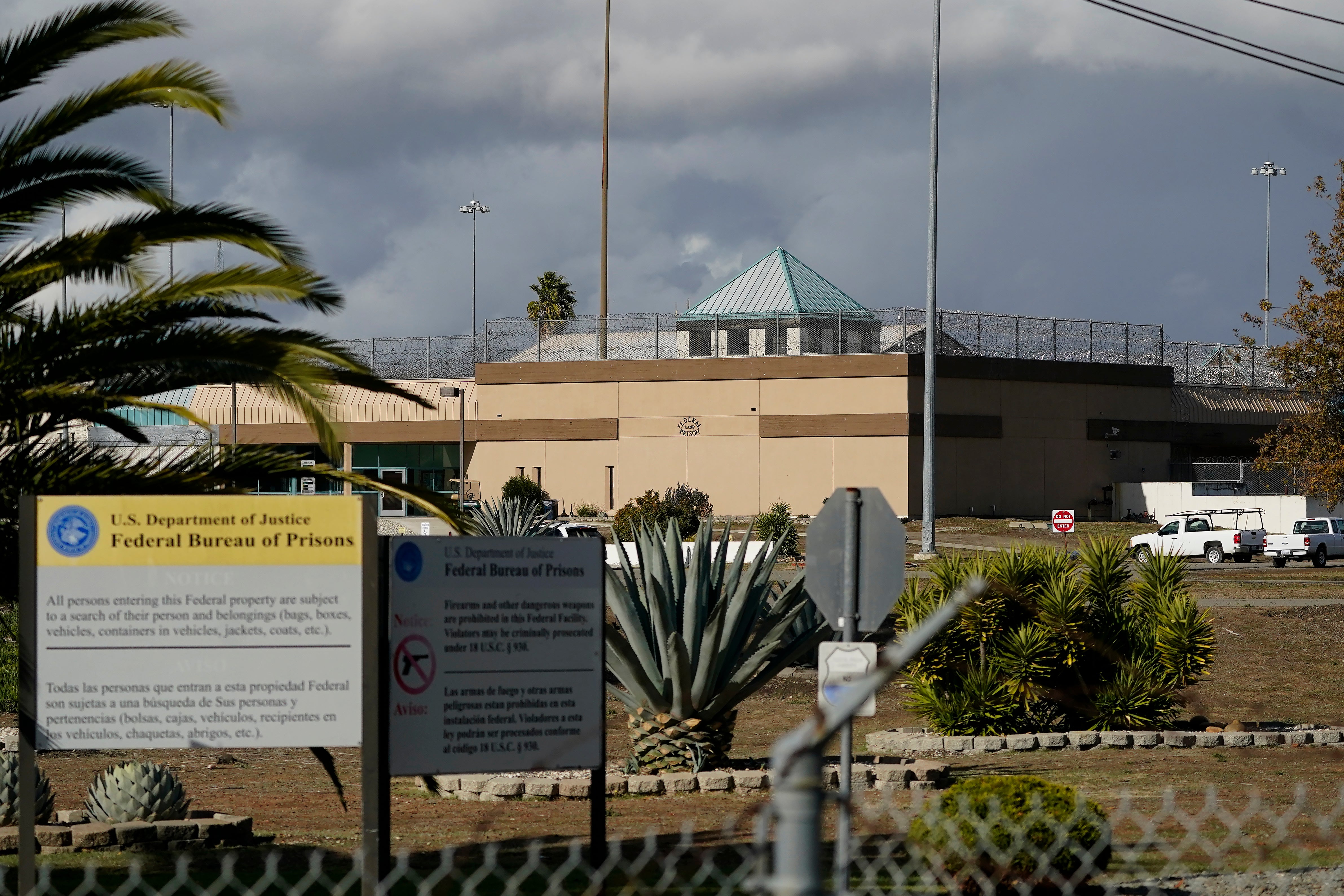Prison deaths report finds widespread missteps, failures in latest sign of crisis in federal prisons
A watchdog report has found that the kind of systemic failures that enabled the high-profile prison deaths of notorious gangster Whitey Bulger and financier-sex offender Jeffrey Epstein also contributed to the deaths of hundreds of other federal prisoners in recent years

Your support helps us to tell the story
From reproductive rights to climate change to Big Tech, The Independent is on the ground when the story is developing. Whether it's investigating the financials of Elon Musk's pro-Trump PAC or producing our latest documentary, 'The A Word', which shines a light on the American women fighting for reproductive rights, we know how important it is to parse out the facts from the messaging.
At such a critical moment in US history, we need reporters on the ground. Your donation allows us to keep sending journalists to speak to both sides of the story.
The Independent is trusted by Americans across the entire political spectrum. And unlike many other quality news outlets, we choose not to lock Americans out of our reporting and analysis with paywalls. We believe quality journalism should be available to everyone, paid for by those who can afford it.
Your support makes all the difference.The kind of systemic failures that enabled the high-profile prison deaths of notorious gangster Whitey Bulger and financier-sex offender Jeffrey Epstein also contributed to the deaths of hundreds of other federal prisoners in recent years, a watchdog report released Thursday found.
Mental health care, emergency responses and the detection of contraband drugs and weapons were all lacking, according to the scathing report that's the latest sign of crisis at the federal Bureau of Prisons.
More than half of the 344 deaths over the course of eight years were suicides, and Justice Department watchdog investigators found policy violations and operational failures in many of those cases. That included inmates who were given potentially inappropriate mental health assignments and those who were housed in a single cell, which increases the risk of suicide.
In one-third of suicide cases, staff did not do enough checks of prisoners, an issue that has also been identified in Epstein's 2019 suicide.
The second-highest number of deaths were homicides, including Bulger, who was beaten to death by fellow prisoners in 2018. Investigators found “significant shortcomings" in staffers' emergency responses in more than half of death cases, including a lack of urgency and equipment failures.
Contraband drugs and weapons also contributed to many deaths, including for 70 inmates who died of drug overdoses, said Michael Horowitz, the Justice Department’s inspector general. The system is also facing major operational challenges, including widespread staffing storages and outdated camera systems, the report states.
“Today's report identifies numerous operational and managerial deficiencies, which created unsafe conditions prior to and at the time of a number of these inmate deaths,” Horowitz said. “It is critical that the BOP address these challenges so it can operate safe and humane facilities and protect inmates in its custody and care.”
The Bureau of Prisons said “any unexpected death of an adult in custody is tragic,” and outlined steps it has taken to prevent suicides, screen for contraband and make opioid-overdose reversal drugs available in prisons. The agency said it's also working to reduce the number of people housed alone and forestall conflicts that could lead to homicides.
A separate Associated Press investigation, meanwhile, has found myriad crises within the agency, including widespread criminal conduct by employees, rampant allegations of sexual assault and significant staffing shortages that have hampered responses to emergencies.